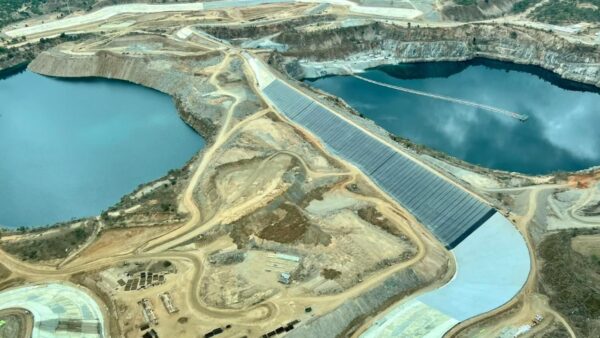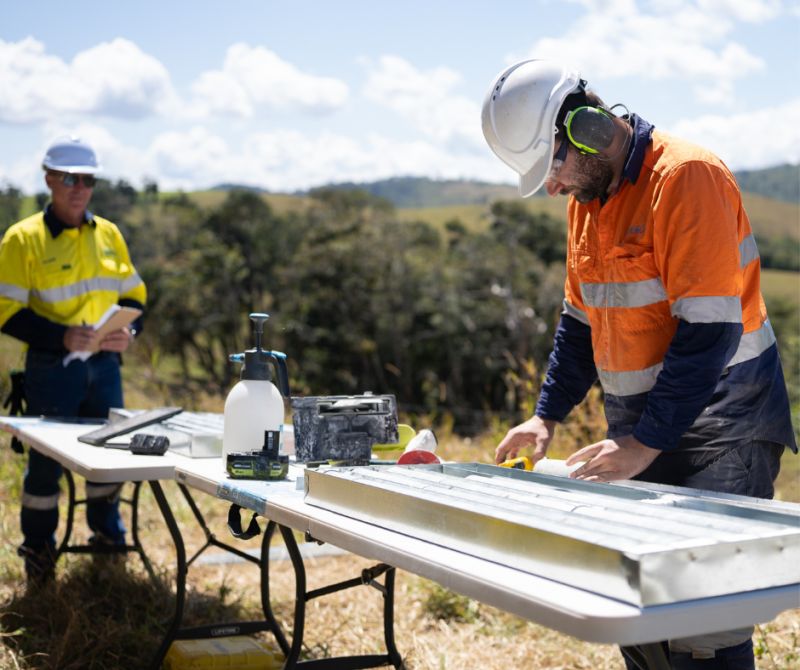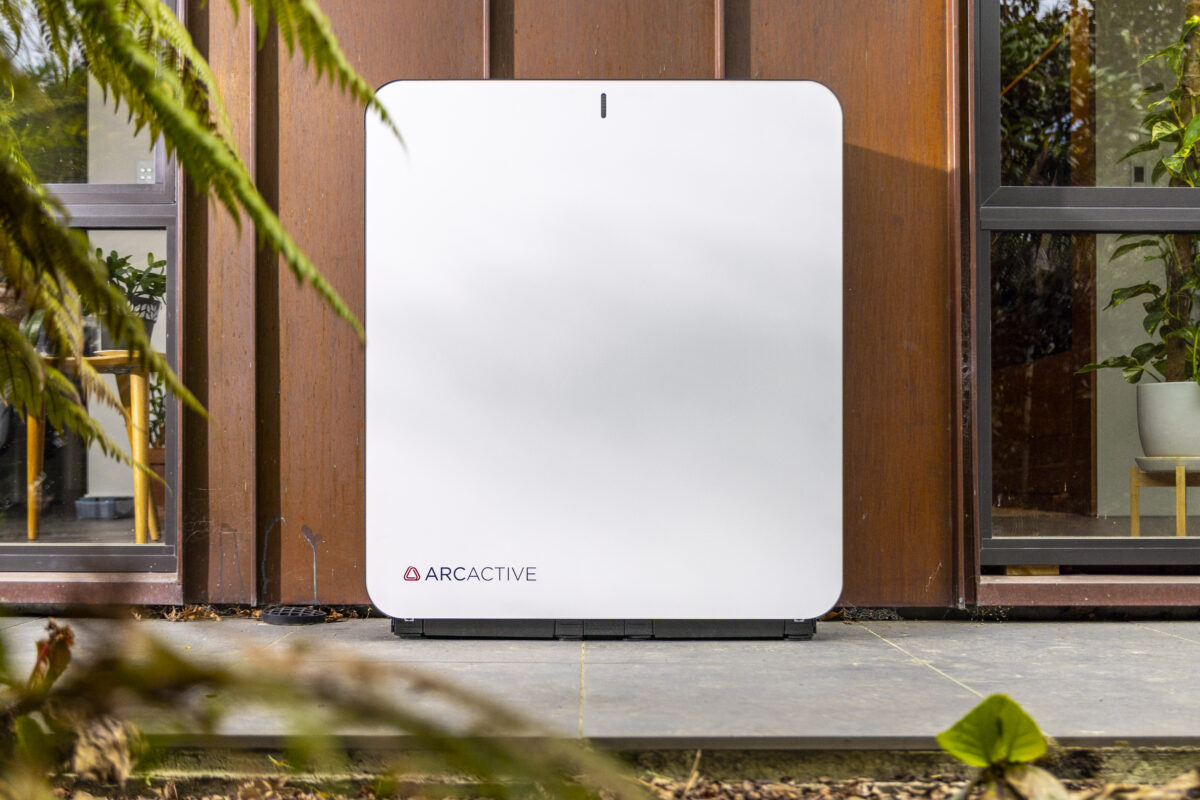BE Power has unveiled plans to build the Big G pumped hydro energy storage project that would have a generating capacity of 800 MW with 12 hours of storage duration at full output. The estimated $2.3 billion project is to be located at Mount Alma, about 55 kilometres southwest of Gladstone in central Queensland.
BE Power said the site for the proposed Big G project was specifically selected with the landscape offering two natural reservoirs with a height differential of 290 meters spaced less than two kilometers apart.
The company said the natural topography would allow for “highly efficient energy storage and generation, maximising gravitational potential energy without the need for extensive infrastructure.”
BE Power said the long-duration energy storage project would enhance energy reliability in the Gladstone region and play a crucial role in facilitating the transition from aging baseload coal power plants to renewable power sources such as solar and wind.
“It stands to significantly firm up local grid requirements, providing unparalleled support to the region’s energy infrastructure,” the company said, adding that the project would also deliver substantial economic benefits for the region during its construction and operation phases.
Construction is expected to commence in late 2027 with commercial operations anticipated to start in early 2033.
BE Power, which is also developing the 400 MW / 4 GWh Big T pumped hydro project near Toowoomba in southeast Queensland, said the concept study and initial environmental assessment for the Big G project have been completed. Applications to secure the necessary permits and approvals have been made and an Initial Advice Statement is being prepared for submission to the Queensland Office of the Coordinator General.

Image: John Holland
The Big G proposal is one of a number of pumped hydro projects in the pipeline in Queensland with the state government having identified the technology as the centrepiece of its 10-year Energy and Jobs plan. The plan aims to have 70% of the state powered by renewable energy by 2032 and 80% by 2035.
The state government-owned Queensland Hydro is developing two major projects — one in the Pioneer Valley near Mackay in central Queensland and the other at Borumba near Gympie in the state’s southeast.
Key contracts for 5 GW/120 GWh Pioneer-Burdekin project have already been awarded while the business case for the 1 GW / 24 GWh Borumba scheme has been signed off by the government, and the environmental approvals process is underway.
Other projects in the pipeline include the proposed 2 GW / 20 GWh Mount Rawdon pumped hydro project being developed near Bundaberg by Sydney-based company Evolution Mining.
The most advanced of the projects is the 250 MW / 2 GWh facility being built by Genex near Kidston, about 270 kilometres north-west of Townsville in northern Queensland.
In its latest update, Genex said the excavation works for the underground powerhouse had been completed and underground fit-out works had started with the facility on schedule for first generation in early 2025.
Queensland is also home to the 570 MW Wivenhoe pumped hydro facility which commenced operations in 1984.
This content is protected by copyright and may not be reused. If you want to cooperate with us and would like to reuse some of our content, please contact: editors@pv-magazine.com.









By submitting this form you agree to pv magazine using your data for the purposes of publishing your comment.
Your personal data will only be disclosed or otherwise transmitted to third parties for the purposes of spam filtering or if this is necessary for technical maintenance of the website. Any other transfer to third parties will not take place unless this is justified on the basis of applicable data protection regulations or if pv magazine is legally obliged to do so.
You may revoke this consent at any time with effect for the future, in which case your personal data will be deleted immediately. Otherwise, your data will be deleted if pv magazine has processed your request or the purpose of data storage is fulfilled.
Further information on data privacy can be found in our Data Protection Policy.